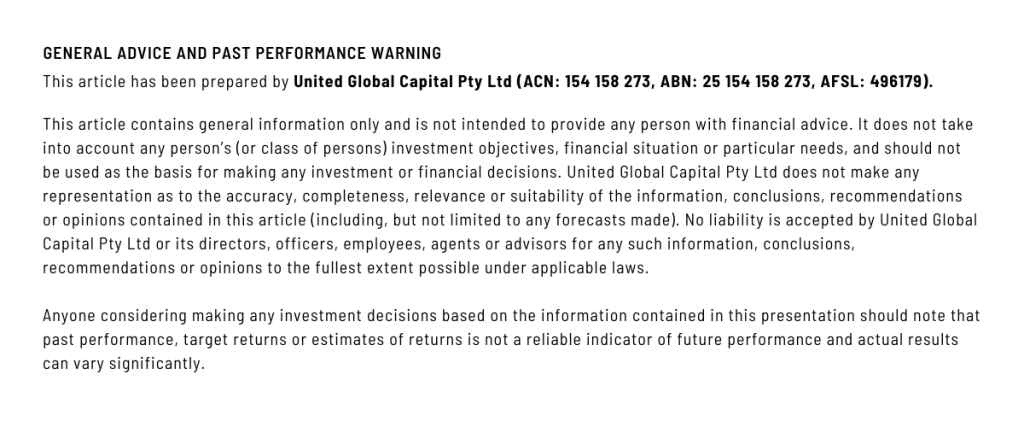Strategies for Managing Debt: Consolidation and Recycling
Dealing with debt can be a daunting task, but understanding its different types and implementing effective strategies can make a significant difference.
Debt can be categorised into two main types: deductible debt and non-deductible debt. In this article, we will explore these types of debt, as well as two popular strategies for managing debt—debt consolidation and debt recycling.

Deductible vs. Non-deductible Debt:
Deductible debt refers to loans where the interest is tax deductible, typically associated with investments. This means that the interest paid on these loans can be claimed as a deduction on your tax return. On the other hand, non-deductible debt is where the interest is non-tax deductible. This type of debt is commonly known as “bad debt“ and includes loans such as mortgages on primary residences, car loans, and personal loans. Unlike deductible debt, interest on non-deductible debt cannot be claimed as a tax deduction.
The Importance of Income-Producing Assets:
For interest to be tax deductible, the funds obtained from a loan must be used to acquire income-producing assets. These assets generate a return or income, which justifies the deductibility of the interest paid. Investing in properties, shares, or businesses are examples of income-producing assets that may qualify for deductible debt.
Debt Consolidation:
Debt consolidation is a strategy that aims to simplify debt management by combining multiple sources of deductible and non-deductible debt into one or fewer sources of debt. This process often involves obtaining a new loan or credit facility at a lower interest rate to pay off existing debts. By consolidating debts, individuals can benefit from lower interest rates and potentially reduce their overall debt burden. However, it’s important to carefully consider the terms and conditions of the new loan to ensure that it aligns with your financial goals.
Debt Recycling:
Debt recycling is a strategy that focuses on converting non-deductible debt (bad debt) into deductible debt (good debt) while simultaneously helping individuals pay off their non-deductible debt faster. The concept involves using borrowed funds to acquire income-producing assets, such as investment properties or shares. The surplus cash flow or income generated by these assets is then utilised to pay down non-deductible debt. This strategy enables individuals to build long-term wealth in a tax-effective manner.
Benefits and Risks:
Both debt consolidation and debt recycling offer potential benefits, but they also come with risks that need careful consideration. Benefits include reduced interest rates, simplified debt management, and the potential for tax deductions. However, risks may include extending the repayment period, additional fees and charges, and the potential for unforeseen circumstances impacting investment returns. To navigate these strategies effectively, it is crucial to seek personalised financial advice. A financial advisor can help tailor these strategies to your unique circumstances and ensure optimisation of your financial situation.
In conclusion, managing debt requires a thoughtful approach, and understanding the differences between deductible and non-deductible debt is a crucial first step. Debt consolidation can provide relief by simplifying debt management and potentially lowering interest rates. Debt recycling, on the other hand, offers an opportunity to convert bad debt into good debt while building long-term wealth. However, it is essential to carefully assess the benefits and risks of each strategy and seek professional financial advice to determine the most suitable approach for your situation. By implementing effective debt management strategies, you can take control of your financial well-being and work towards a debt-free future.
Contact us today if you would like more information regarding the best strategies for managing your debt.

